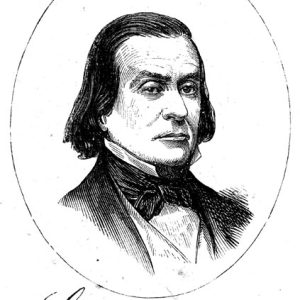 Solon Borland
Solon Borland
Gender: Male - Starting with B
 Solon Borland
Solon Borland
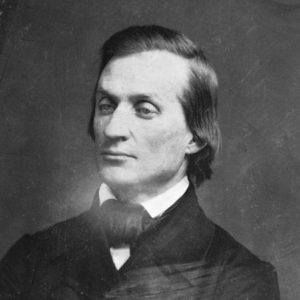 Solon Borland
Solon Borland
 Bossu Book
Bossu Book
Bossu, Jean Bernard
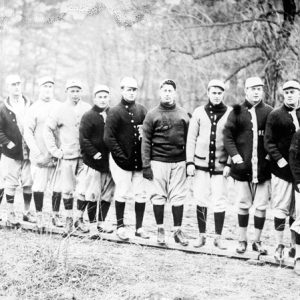 Boston Red Sox
Boston Red Sox
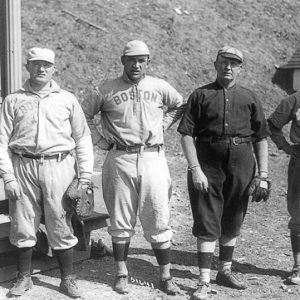 Boston Red Sox
Boston Red Sox
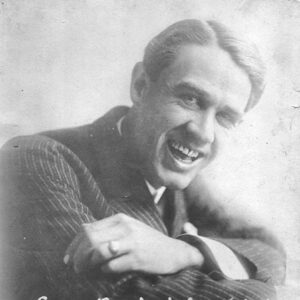 Leon Kendall Bostwick, Flu Victim
Leon Kendall Bostwick, Flu Victim
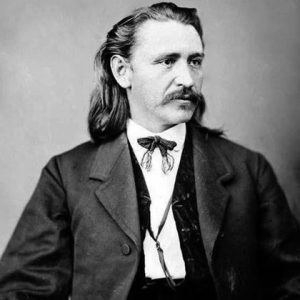 Elias Boudinot
Elias Boudinot
Boudinot, Elias Cornelius
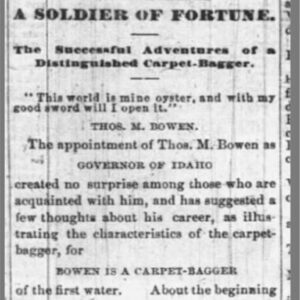 Thomas M. Bowen Story
Thomas M. Bowen Story
Bowen, Thomas Meade
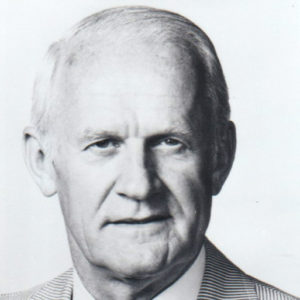 William H. Bowen
William H. Bowen
Bowen, William Harvey
Bowie, Jim
aka: James Bowie
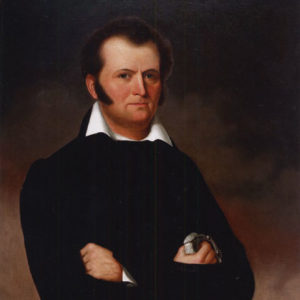 Jim Bowie
Jim Bowie
Bowie, Lester Jr.
Bowles (Lynching of)
Bowman, Malcolm Cleaburne
Boyd, Leonard (Lynching of)
Boyle, John
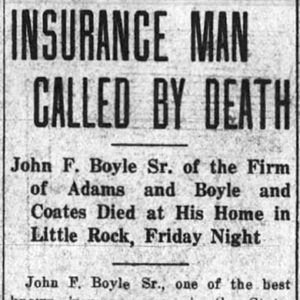 John Boyle Sr. Death Notice
John Boyle Sr. Death Notice
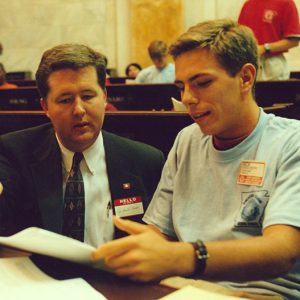 Boys State Delegate
Boys State Delegate
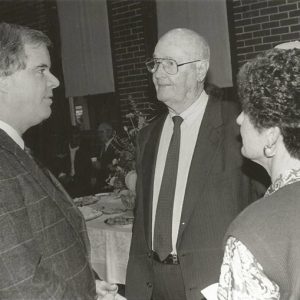 Bradford and Foster
Bradford and Foster
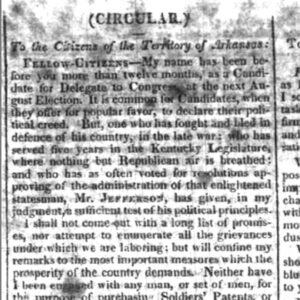 Bradford Campaign Announcement
Bradford Campaign Announcement
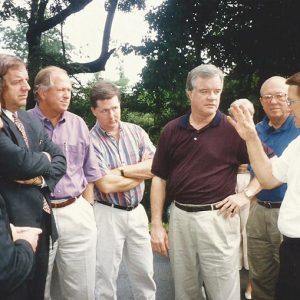 Jay Bradford
Jay Bradford
 Jay Bradford Campaigning
Jay Bradford Campaigning
 Jay Bradford
Jay Bradford
 Jay Bradford Brochure
Jay Bradford Brochure
Bradford, Jay T.
Bradford, Roark
Bradford, William
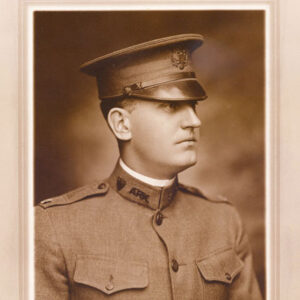 William Bradford
William Bradford
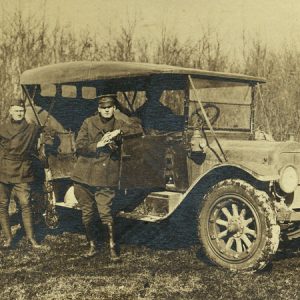 William Claude Bradford
William Claude Bradford
Bradford, William Claude
 Bradfords
Bradfords
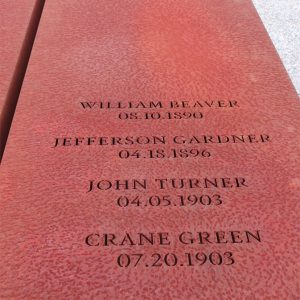 Bradley County Lynching
Bradley County Lynching
Bradley, Thomas H.
Brake, Bud (Reported Lynching of)
Branch, Charley (Lynching of)
Branch, Jesse Oliver
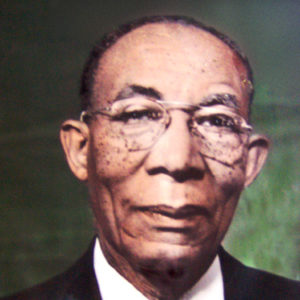 W. F. Branch
W. F. Branch
Brandon, Benton Douglas, Jr.
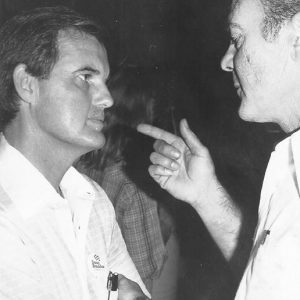 Doug Brandon
Doug Brandon
 Jamie Brandon
Jamie Brandon
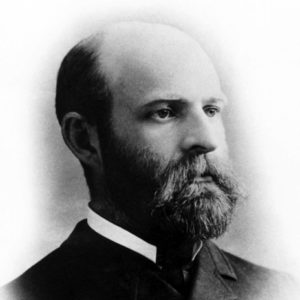 John Casper Branner
John Casper Branner
Branner, John Casper
 Max Brantley
Max Brantley
Brantley, Max
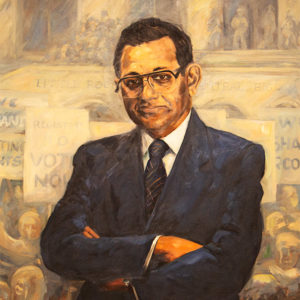 Wiley Branton
Wiley Branton




